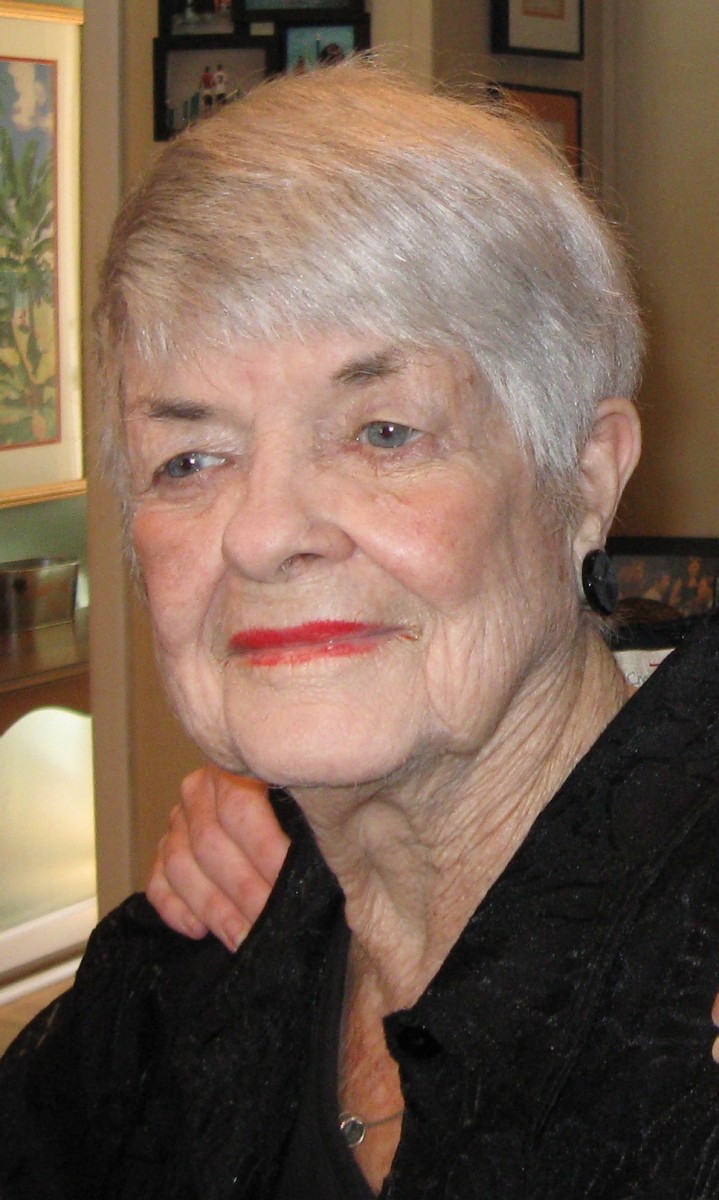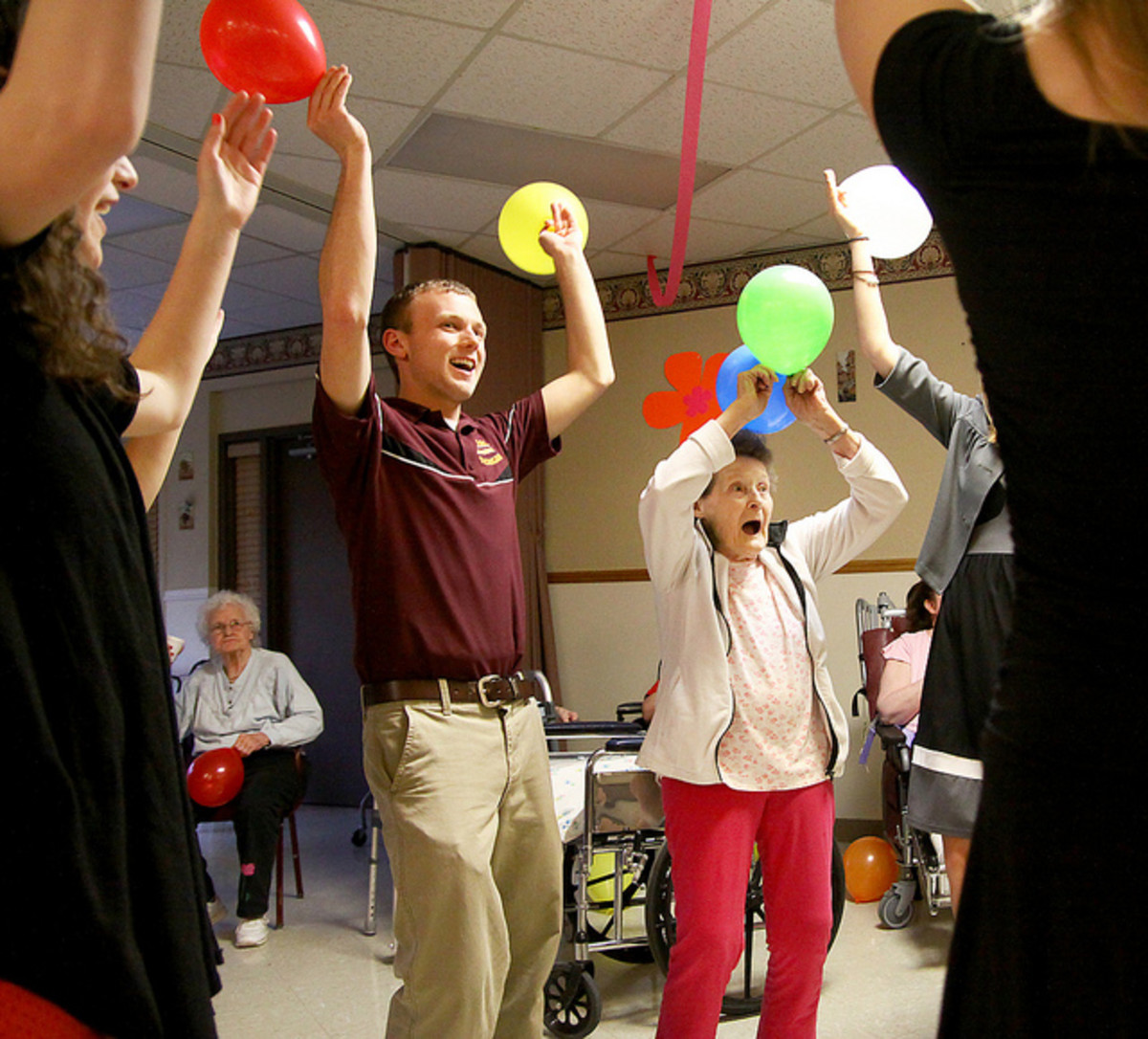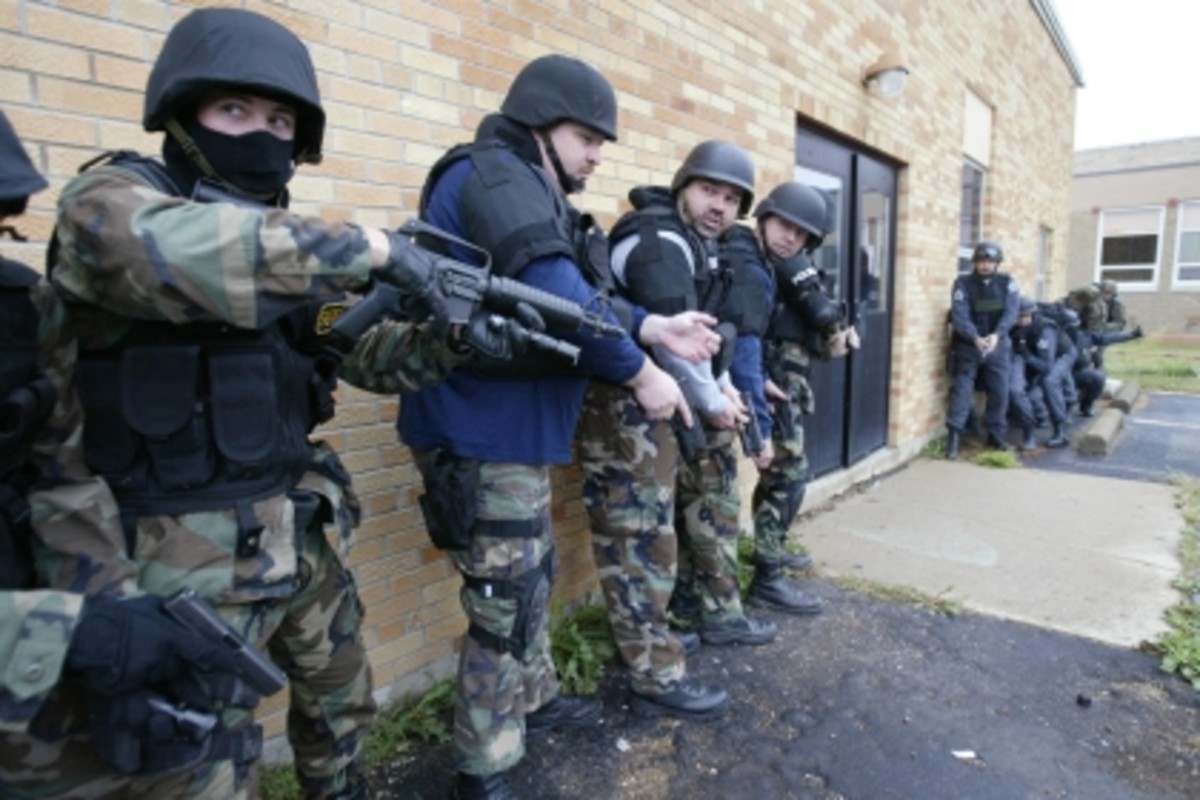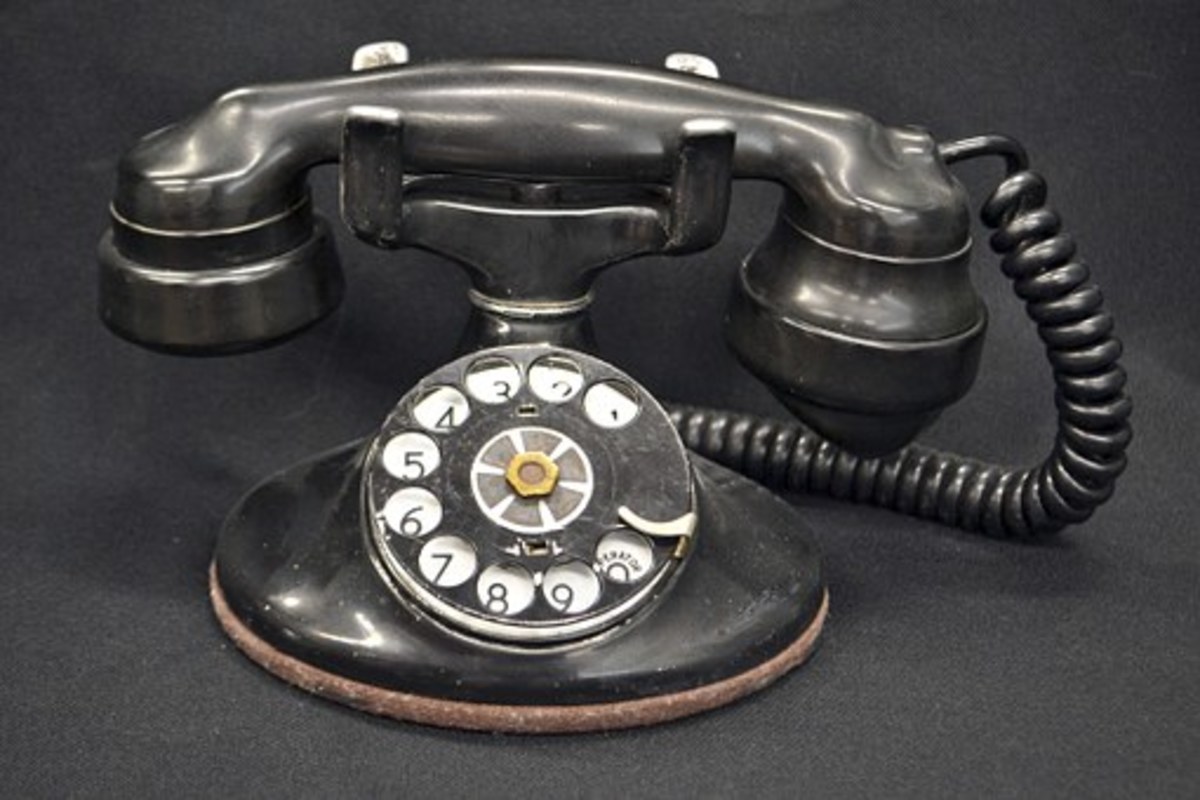The Terrors of Aging: This Could Happen To You

Set the Scenario:
Imagine this: You wake up one morning, take your usual A.M. stretch, open your eyes and prepare to climb out of your queen-size bed... but wait. Something seems to have happened to the bed; it has shrunk. “Your first thought is, “Ok... maybe I’m still dreaming. This is like the bed in my college dorm room 50 years ago.” Then you look around the room and realize that it certainly isn’t the dorm room from your younger days. Not only isn’t this any room from your past; it actually looks like a movie set from the 1920's.
Then, in a sickening rush, you remember what you’ve been trying to forget: the stroke, the emergency room, the nursing home, the other nursing home, and now this: The Locked Security Ward For Dementia Patients Who Are A Danger To Themselves. You close your eyes and try to will yourself back to sleep, because the worst nightmare you’ve ever had didn’t even come close to your current reality, but you’re quickly brought back to that reality by a cheery voice that says, “Good morning, Susie. And how are we today?”

And Who Might We Be?
A 12-year-old girl is standing above you proferring a handful of pills and a glass of water. “Time to take your meds,” she says in an annoyingly cloying tone of voice. You realize that this nursing home employee can’t possibly be twelve, although she does bear a striking resemblance to one of your former seventh grade students. You take the pills she’s handed you with a sip of water from the glass in her other hand. Then you proceed to climb out of bed, put on the robe hanging on the hook by the door, and head for the bathroom.
You haven’t even managed to get one foot out the bedroom door before this “child”- Darinda is her name, according to the name tag she is wearing- lightly puts her hand on your arm and calmly says, “Now Susie, where do you think you’re going?” Holding your temper, you begin to tell her what you have told her or some other staff member each of the ten days you’ve been in lockdown: “I am going to the bathroom.” Still attempting to hold your temper, you listen to what you knew would be her reply: “But you know can’t go by yourself.” You don’t bother wasting your time telling her that you most certainly can, particularly since the word “can” means “able,” and you am more than able to get to the bathroom on your own. You know that what she really means, though. is that you (like everyone else in lockdown) are not allowed to go anywhere by yourself.
And so begins the rest of your life.
Dementia? Who Decides?
Nursing homes currently are Big Business in the United States, and as more and more Baby Boomers become Senior Citizens, the Nursing Home Industry undoubtedly will continue booming, too. The million dollar question is, “Who will decide when a Boomer will need to be placed in this type of facility?” The easy answer, of course, is, “ When he/she has a condition that requires constant monitoring and/or care.” The truly challenging questions, though, is this: “Who decides that someone has dementia and poses a danger to herself to the extent that she needs to be placed in a secure facility?”

If you have ever been close to someone touched by dementia, you know how difficult it is to watch a loved make his or her way through the increasingly muddy waters. You’ve probably become an expert at recognizing the signs of “diminished capacity,” too: increasing bouts of forgetfulness (e.g., neglecting to take medication; forgetting how to perform familiar tasks, like buttoning a sweater; having no idea how to get to the oft-visited office of a beloved family doctor; and, ultimately, forgetting to eat.) Sometimes denial is the first emotion one feels when these things begin to happen to a loved one; eventually, however, it becomes all too clear that dementia has taken over.
But what about the senior citizen who slips and falls? Is this proof of dementia? How about the seventy-year-old who occasionally forgets where she put her keys? (Think about it... If forgetting where you put your keys is sufficient evidence for diagnosing dementia, most of us would fit the diagnosis.) Perhaps you know someone who has always been a bit eccentric. Would it be possible that a “new” physician (i.e., a doctor who has had no previous interaction with him/her) might automatically mistake eccentricity for dementia?
This Is No" Scenario"
Returning from a few days of vacation recently, I hit the “play” button on the answering machine for our home phone and heard, “Hi, Guys, this is Margaret,” in a familiar voice that sounded like our old friend was either drunk or mentally challenged. After we listened to the rest of the message, it became clear that she was neither of those things. It turned out that Margaret, whom we hadn’t seen for several years, had had a stroke, and, as she put it, was “trying to reconnect with some of her old friends.” She told us the name of the nursing home where she was ensconsed , indicated that she was very lonely, had been “abandoned” by her family and would appreciate a visit from my husband and myself.
Background Information
At this point, I want to make it clear that our friend’s name and other personal details have been changed to protect- well, the innocent. Some general background about our friend: “Maragaret” was the youngest- and is the sole survivor of- a bevy of siblings. She never married and had thoroughly enjoyed her role as “Aunt Maggie” to all of her nieces and nephews, who numbered quite a brood. She retired from a successful career in teaching and bought a second home in the southern part of the United States, dividing her time between there and her home in the northeast. Several years ago, she selected one of her favorite nephews as her power-of-attorney. A few months ago, she had a stroke and somehow managed to call 911. The emergency responders found Margaret lying on the floor in the living room of her northern home.

Back To Reality
The morning after we received Margaret’s plea for help, we went to the nursing home. As we registered at the front desk, the receptionist informed us that we’d need a code to enter the “secure area” in which Margaret was housed. Our radar went up at the mention of the “secure area,” and I asked the receptionist if our friend had dementia. The reception stammered a bit and reluctantly answered in the positive. We entered the rickety old elevator that obviously needed to be replaced or at least painted and headed down to the 1st floor ( which actually seemed more like a basement/dungeon) that housed the “secure unit.” We punched in the code we had been given and entered the unit. We wandered around searching for Margaret’s room and found ourselves in the dining area. It turned out to be lunch time, and we spotted our friend. She recognized us immediately, rose from the table and started talking. We told her we’d wait for in the nearby sitting room while she finished her lunch. At this point, a sinking feeling had begun in my gut. It was obvious that Margaret was the youngest person in the unit. Also, the rest of the residents/inmates looked like... well, “zombies “ was the first word to com to mind.
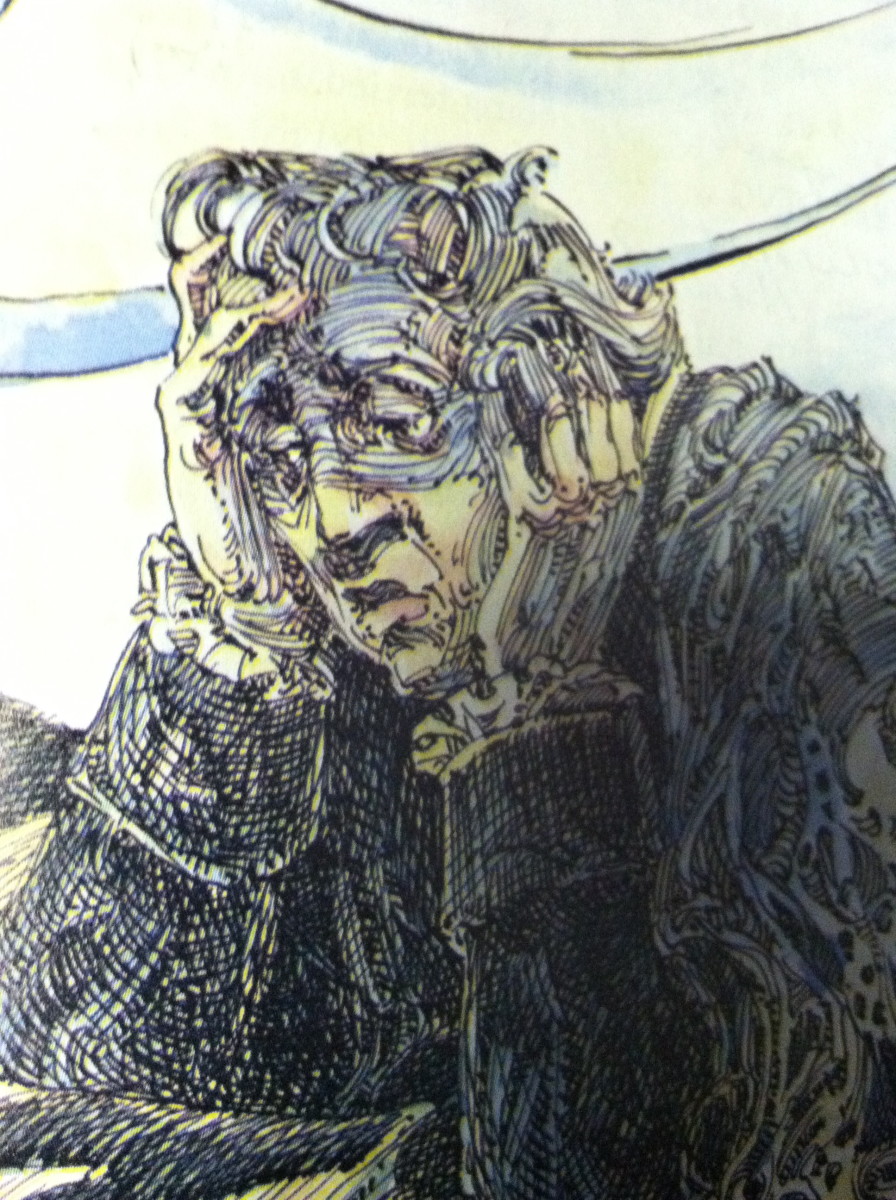
When Margaret had finished her lunch, she joined us and wasted no time in giving us a detailed account of the events that had landed her in what might be called “the secure unit” by some but had become increasingly obvious to us was “lockdown.” She said that when the paramedics had come to her home, it was in various states of disarray, which her nephew (and, evidently, most of her other relatives) had chosen to interpret as a major sign of dementia. (Heaven forbid that someone should drop in uninvited at my home.) After she had been treated at a local hospital, she had been sent to a nursing home to recover; Margaret claimed that the nursing home had done nothing but act as a babysitter. One day, when she was feeling particularly caged in, Margaret chose to go for a walk, tripped and fell. (If you’re over the age of 55, you might be aware of the fact that every time you visit a doctor, you’re asked, “Have you fallen recently?” Evidently falling is considered a sign of dementia... never mind all the 6-10 year-olds who manage to fall on a regular basis.) That precipitated a move to the current facility, but at first Margaret had been placed on the third floor, which seemed to be assisted-living . She reported that she felt comfortable there and had made some friends. She also mentioned that she’d had physical therapy at some point, which was clearly evident in her ease of movement. The only evidence that she’d had a stroke was in her shaky voice.
Everything changed when Margaret was moved to the “secure area.” She said it seemed that her nephew and his wife were just too busy with their own lives to be bothered with responsibilities involved in serving as power of attorney. (Apparently, everyone else in the family was awfully busy, too, since she claimed that not one of them had come to visit.) She said that at one point she’d contacted her bank, in hopes of taking out some money so that she could return to her home in the southern United States, and learned that she had only $95 in a checking account that had been beyond solvent. ( The fact that Margaret was attempting to travel might have been the final “Catch 22” for the nephew to convince medical personnel that his aunt was, indeed, suffering from dementia. Having known, Margaret for such a long time, however, we weren’t at all surprised that she’d want to return to the place where she’d felt safe.) When we heard that Margaret’s checking account had shrunk, my husband and I were beyond shocked... we were angry. Evidently the nephew had indeed assumed full power of attorney. When our friend went on to tell us that residents of the secure area were never allowed to go outside- even when accompanied by nursing home personnel-we were shocked, but when she noted that uttering a curse word would cause a resident to be placed in handcuffs, we were incensed.
By this time, the other residents had finished lunch and were moving, zombie-like, towards the sitting area where we had been ensconced. I suddenly felt like an alien who had invaded The Twilight Zone. We told our friend that she needed to speak with an attorney, and we asked for the number of her new cell phone so that we could stay abreast of what was happening. When various attempts to use his phone failed, however, on of the younger staff members offered to help. When she attempted to use the phone and announced, “It looks like it’s been disconnected,” we were stunned.
As we walked out of lockdown, I said to one of the older staff members, "Our friend does not have dementia." Her reply was to point at a sign posted next to the elevator: "Do you need help with any problems, complaints or questions?" and went on to states, " The Office of Long-Term Care Ombudsman offers free and confidential services to residents and families of long-term care facilities to answer questions and advocates for:
. Resident rights . Meals .Quality of Care .Privacy Needs . Admissions
. Transfers . Medications . Discharges
If you have questions or concerns, contact your local ombudsman."

As we passed through the lobby where we had signed in, I repeated my concerns to the receptionist and added, "Our friend does not belong in a secure unit." She paused and replied, "That's being addressed." I had the distinct impression she agreed with us.
That leaves us--- all of us---where?
So what do you do if you find yourself in Margaret's position? (Perhaps you could arrange- NOW- with an attorney to visit you if you're ever "committed.") What about if you hold the power of attorney for someone else... exactly what will you do? Think about it carefully. Please.


